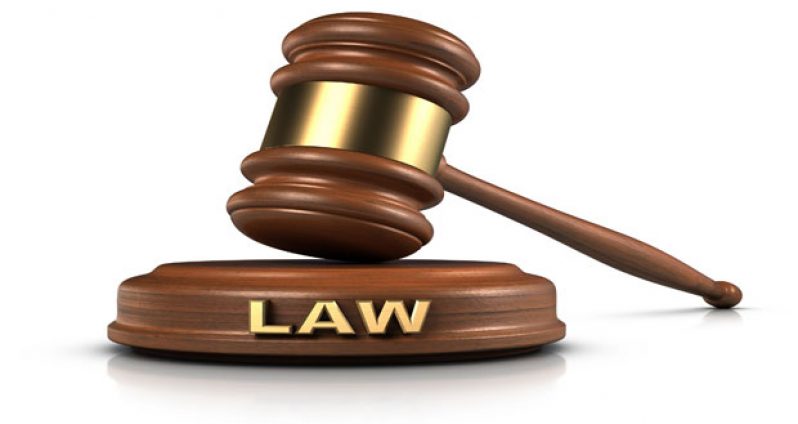PURSUANT to a published article titled, “DPP’s recommendation to retry PM’s son smacks of Govt.
interference,” in the Kaieteur News’ edition of Saturday 11″th April, 2015, the Chambers of the Director
of Public Prosecutions wishes to categorically state that this Office is an independent Office, and all legal advice is given in accordance with the Laws of Guyana and the Facts contained in police files received
from the Guyana Police Force.
In direct relation to the matter of Samuel Hinds Jr., the facts of the case are that one magistrate heard
the evidence in the trial and convicted the defendant, but did not sentence him. The issue in this case
therefore is whether one magistrate can hold a trial, hearing the evidence and convicting the
defendant, and a different magistrate sentence the said defendant.
This issue is addressed in section 35 of the Summary Jurisdiction (Procedure) Act, Cap: L0:02 which
states:
(1)The court shall, at the conclusion of the hearing or within six weeks thereafter, at a subsequent sitting,
give its decision in the cause, either by dismissing the complaint or by making such order against the
defendant as the case requires.
(2) Where before the court gives decision, the magistrate ceases to exercise jurisdiction in the magisterial district or to hold office, it shall be lawful for him, within six weeks of the conclusion of the
hearing, to lodge with the clerk of the court his written decision. The court shall read the decision at the earliest opportunity after notice to the parties and the decision when read, shall be deemed to be the
decision of the court.
This section clearly states that the magistrate who hears the matter shall give the decision. This means that one magistrate cannot hear the matter and another gives the decision. Decision has been interpreted by the Courts in judicial precedents to mean a final adjudication, which includes a verdict and a sentence. As such, since there was no sentencing prior to the departure of the trial magistrate, the mere verdict cannot be deemed a final adjudication of the matter; and most importantly another magistrate who did not hold the trial cannot sentence the defendant. This is contrary to the law.



.jpg)









